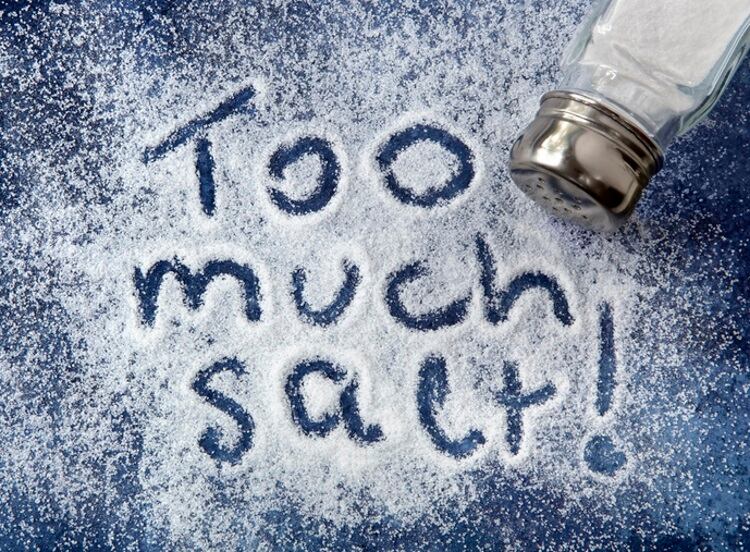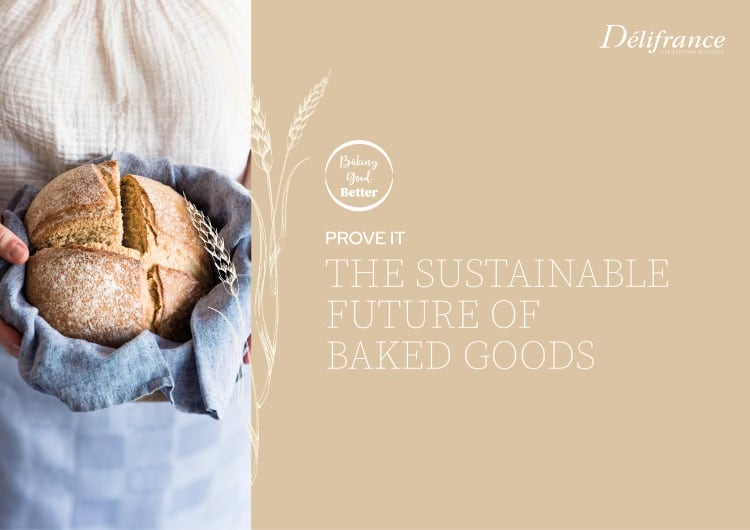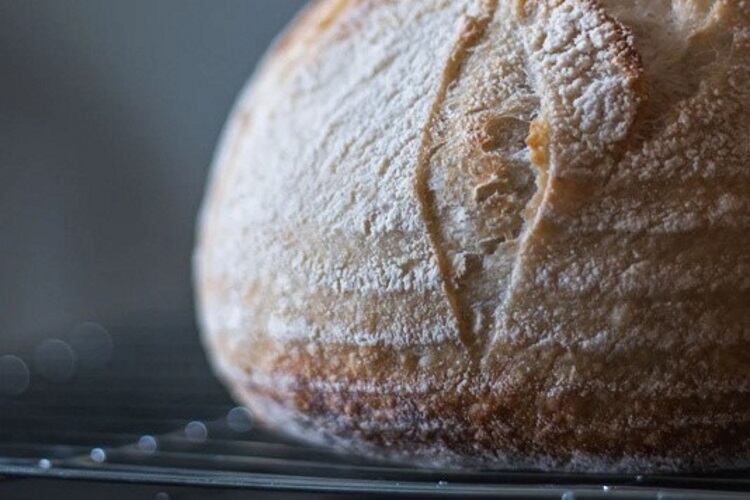The research analysed the salt levels in 242 packaged pre-sliced loaves of sourdough, rye, white, both, wholemeal, multi-grain/granary, and seeded, all currently available in 10 of the country’s largest supermarkets.
The breads analysed included 89 branded loaves – from Warburtons, Hovis, Bertinet Bakery and Kingsmill – and 153 retailer own-label offerings.
While the majority fell below the 2024 maximum salt target of 1.01g, several still flaunted the bar set by the Department of Health and Social Care in 2020. Notably, just one slice of 75% of those analysed contained at least as much salt as the 0.34g found in a 25g bag of Walkers ready-salted crisps.
The saltiest contender was the Hovis White Loaf with Starter Dough with 1.48g of salt per 100g, nearly three times higher than the lowest, the Waitrose Rye & Wheat Dark Sourdough Bread with 0.51g/100g.
The Hovis granary loaf came in with 1.28g per 100g, while its seeded bread punched it with 1.24g per 100g. The M&S Thick White Super Soft Loaf also came in high with 1.03g per 100g, as did its The Bakery Soft Golden Wholemeal Farmhouse Loaf.
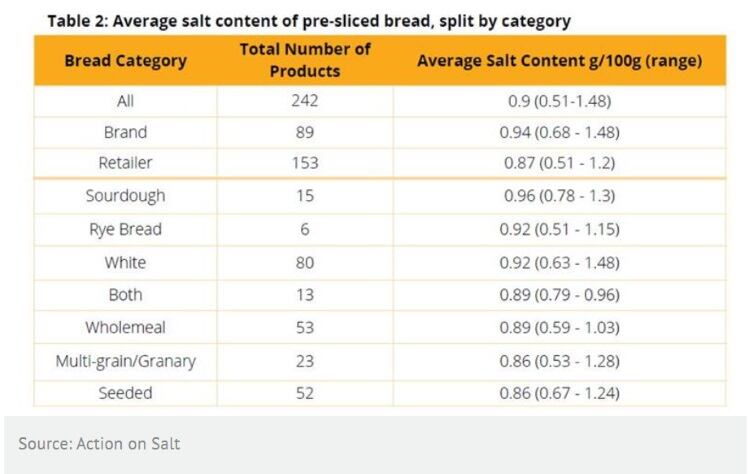
Unnecessary salt
The findings have prompted calls for a tighter clampdown.
Graham MacGregor, Action on Salt chair and a professor of cardiovascular medicine at Queen Mary University, has demanded urgent government action to tackle the ‘disgraceful’ status quo.
Salt is the major factor that raises blood pressure, causing 60% of strokes and 50% of heart disease. Even small reductions in the average salt content of bread will help to improve the UK diet, with a 6% reduction equating to the removal of 926 tonnes a year, according to the watchdog.
“Reducing salt is the most cost-effective measure to lower blood pressure and reduce the number of people dying and suffering from strokes and heart disease,” said Prof MacGregor.
“It’s therefore a disgrace that food companies continue to fill our food with so much unnecessary salt, as shown here in bread.”
Sonia Pombo, campaign lead at Action on Salt, takes an even harder line.
“Unfortunately, with the Government failing to enforce salt targets properly or to implement much-needed public health legislation – producing healthy, nutritious food is just not a priority for many food companies,” she said.
“Short-term profit is trumping public health – but it is not sustainable. What companies need is a willingness to change and a level playing field. Government must take control and bring in legislated targets for salt, with financial penalties for those that do not comply.”
While some advances have been made – with 2011 research suggesting the salt content in UK bread has seen a reduction of 8% - Pombo said this “just isn’t good enough”.
“We are calling for the government to follow other countries and set mandatory salt targets, particularly for bread, which is the main contributor of salt in UK diets.
“Twenty countries have mandatory targets in place, which the food industry much prefer, as it levels the playing field and creates stronger understanding and consensus. The current target for bread is clearly too lenient, as many companies are already achieving it,” she added.
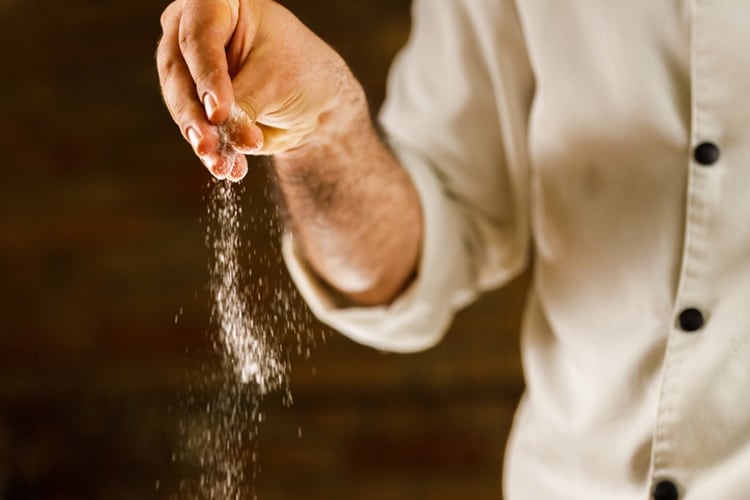
Industry response
The Federation of Bakers – which represents the majority of plant bakers in the UK – however, contents the UK has one of the lowest levels of salt content in bread in the world. Only four EU member states, to date, have implemented national salt legislations.
“Overall, the bread and bakery category has been very successful in reducing the amount of salt in bread,” said FoB’s CEO Andrew Pyne, noting the industry has achieved up to a 30% reduction in salt to a level of less than 1g salt/100g bread over the past decade.
“The latest industry data shows that bread contributes less than 10% of the dietary intake of salt in the UK,” said Pyne.
He added that while the industry continues to do all it can to minimise the amount of salt in bread, “it’s important to note that salt is added to bread to improve texture, flavour and enhance its keeping properties, which is why further reductions are very challenging for the bread industry as salt has a significant technological role in bread-making.
“All bread is a convenient, versatile and valued part of a healthy balanced diet and at a time when consumers’ budgets are particularly stretched, it’s more important than ever to be clear and accurate about foods like bread that have so much to offer.”
The fact that salt is a major contributor to the increased risk of strokes and heart attack is why the Department of Health & Social Care has “taken action by restricting the placement of HFSS foods [high in fat, salt and sugar] in large retail settings.”
The government spokesperson admits that more needs to be done. “We want industry to take responsibility and continue cutting the amount of salt in their products, so levels are as low as possible.”
In a report published earlier this month, the World Health Organisation (WHO) warned that numerous countries across the world are unlikely to meet their targets to slash 30% of salt from the consumer diet by 2030.
To date, only 5% of WHO member states have implemented some of its policies to limit salt intake, while 73% fall completely short.
The WHO has varying benchmarks for different food categories, of which bread is set for 0.83g/100g, much lower than the UK standard.
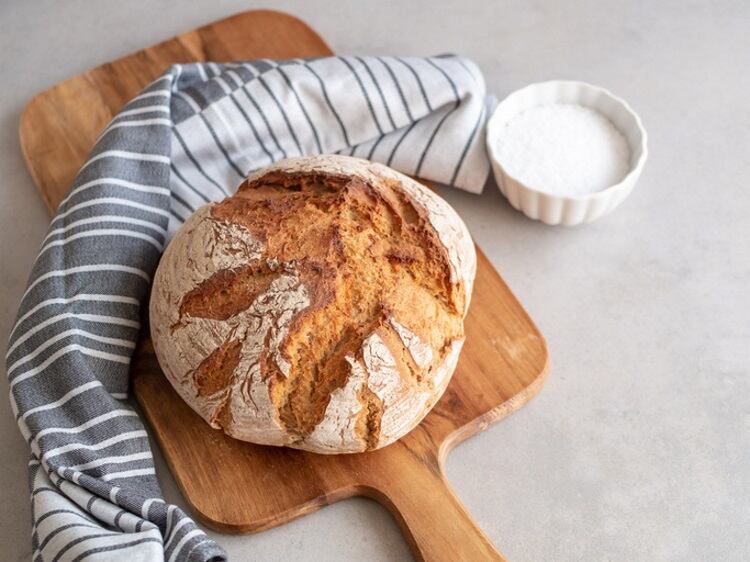
Real Bread Campaign coordinator Chris Young also weighed in with comment.
“The Real Bread Campaign has always encouraged all Real Bread bakers, as well as industrial loaf manufacturers, to ensure that salt levels do not exceed the target maximum.
“While it’s concerning that salt levels in some industrial loaf products are still way above the target set back in 2006, let alone the current one, it’s good to see that other manufacturers have made progress,” said Young.
He noted, however, the study exclusively analysed mass-produced loaves, rather than small batch, artisanal bread. He also said three of the five saltiest sourdoughs are, in fact, what the Campaign deems as ‘sourfaux’ (branded sourdough but made with baker’s yeast or additives).


